
Charles Mckinney, Chair
Charles achieved escape velocity from NYC Parks in August 2016, and is defining a practice in public realm redevelopment and invention. Building on his skill set of exploring, understanding, inventing, fixing, and advancing the good ideas of others, he hopes to empower people to improve their communities through self organization.
As a Practical Visionary, he is adept at solving longstanding problems, envisioning new futures and finding ways to weave motivated community members into park and community development plans. This is illuminated by his 2016 TEDx talk “The Embracing City.”
Recently he tackled projects for Biederman Redevelopment Ventures and the Kaplan Fund that include a plan to change the sad trajectory of many young people living Brownsville Brooklyn.
He is co-chair of City as Living Laboratory, the organization founded by artist Mary Miss, it pairs artists and scientists to make environmental issues visceral. One project is the daylighting of Tibbets brook, south of VanCortlandt Park in the Bronx.
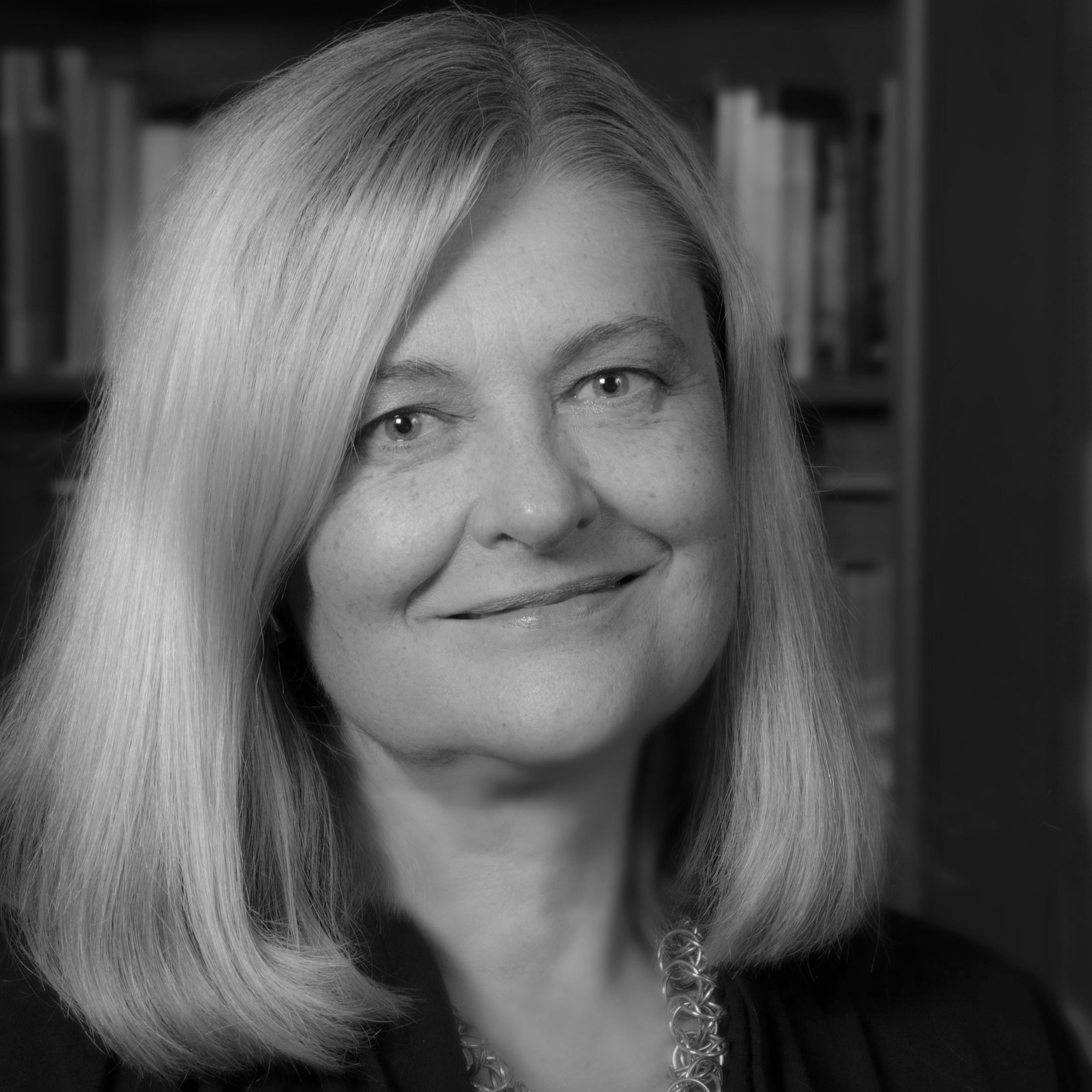
Julia Taylor, Treasurer
Julia Taylor was appointed as the first woman president of the Greater Milwaukee Committee in December 2002. The GMC convenes and collaborates with other organizations and groups in the community on an issue- by-issue basis and leads by initiating projects and implementing strategies. Before coming to the GMC, Ms. Taylor was president of the YWCA of Greater Milwaukee for 16 years. She is known for her collaborative, innovative, and forward-thinking leadership. By successfully bringing together private and public partners, Ms. Taylor has a history of creating sustainable impact throughout the community. She currently serves on the boards of the United Performing Arts Fund, The Water Council, the University Club of Milwaukee and Milwaukee Film.
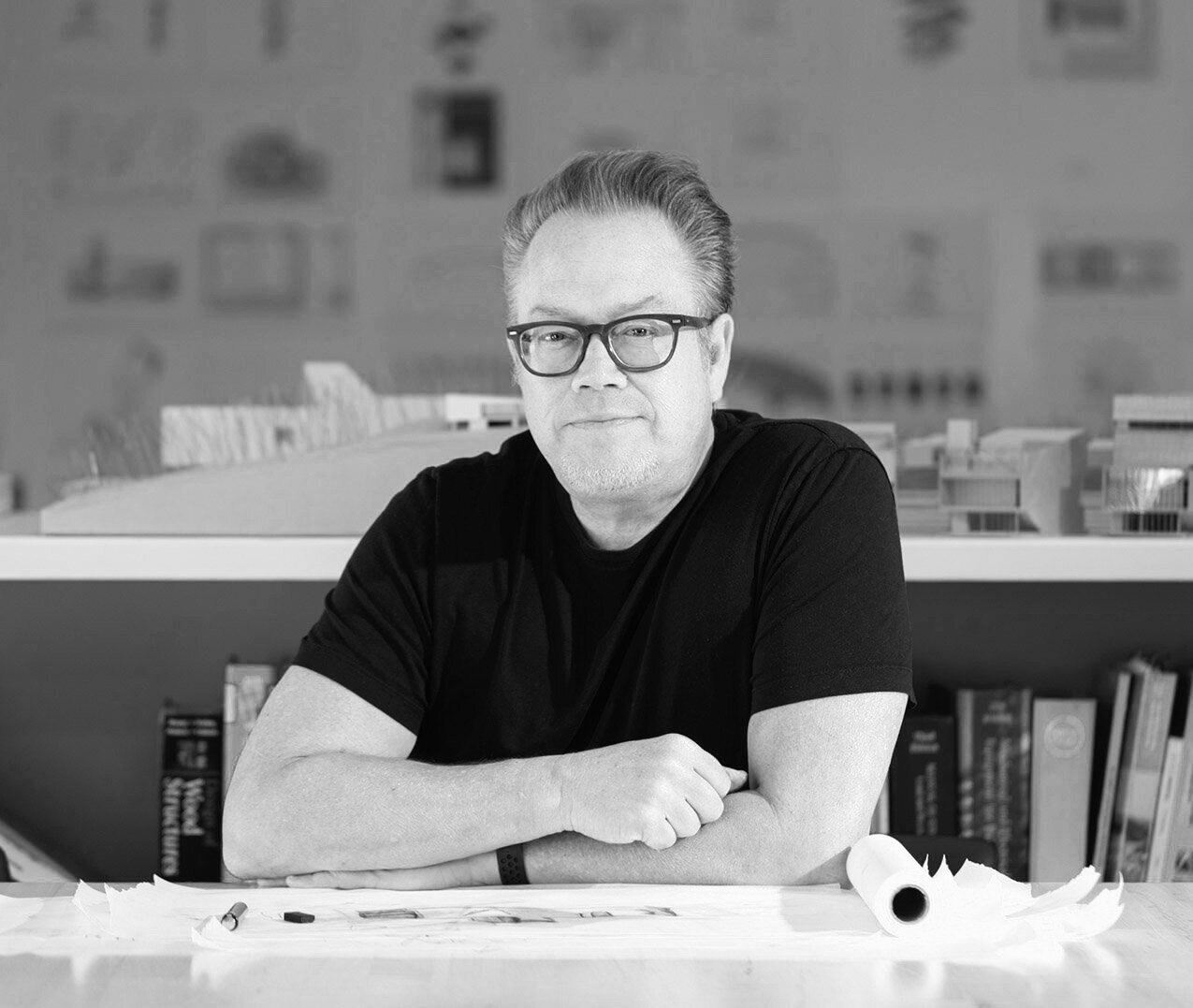
Marlon Blackwell
Marlon Blackwell, FAIA, is a practicing architect in Fayetteville, Arkansas, and serves as the E. Fay Jones Distinguished Professor at the Fay Jones School of Architecture + Design at the University of Arkansas. He is the recipient of the 2020 AIA Gold Medal, the Institute’s highest honor, which recognizes those whose work has had an enduring impact on the theory and practice of architecture. He was a 2019 Resident Fellow of the American Academy in Rome, inducted into the 2018 National Academy of Design and received the E. Fay Jones Gold Medal from the Arkansas AIA in 2017. A monograph of his early work entitled “An Architecture of the Ozarks: The Works of Marlon Blackwell” was published by Princeton Architectural Press in 2005. Marlon was selected by The International Design Magazine, in 2006, as one of the ID Forty: Undersung Heroes and as an “Emerging Voice” in 1998 by the Architectural League of New York.
Marlon was named the 2020 SEC Professor of The Year and as one of DesignIntelligence magazine’s “30 Most Admired Educators” for 2015. He has co-taught design studios with Peter Eisenman (1997 & 1998), Christopher Risher (2000), and Julie Snow (2003). Other visiting academic appointments include the McDermott Visiting Professor at the University of Texas at Austin (Spring 2016), the George Baird Professor at Cornell University (Fall 2012), the Thomas Jefferson Professor at the University of Virginia (Spring 2011), the Elliel Saarinen Visiting Professor at the University of Michigan (Fall 2009), the Ivan Smith Distinguished Professor at the University of Florida (Spring 2009), the Paul Rudolph Visiting Professor at Auburn University (Spring 2008), the Cameron Visiting Professor at Middlebury College (Fall 2007), the Ruth and Norman Moore Visiting Professor at Washington University in St. Louis (Spring 2003) and visiting graduate professor at MIT in Spring 2001 and 2002.
The office of Marlon Blackwell Architects received the 2016 Cooper Hewitt National Design Award in Architecture and ranked #1 in Design as part of the Architect 50, a national survey of architecture firms. In 2011, Marlon Blackwell Architects was recognized as the Firm of the Year by Residential Architect Magazine. The firm has earned an international design reputation through recognition of its work in many publications, including architectural design journals and books, and receiving more than 120 design awards including state, regional, national and international awards.
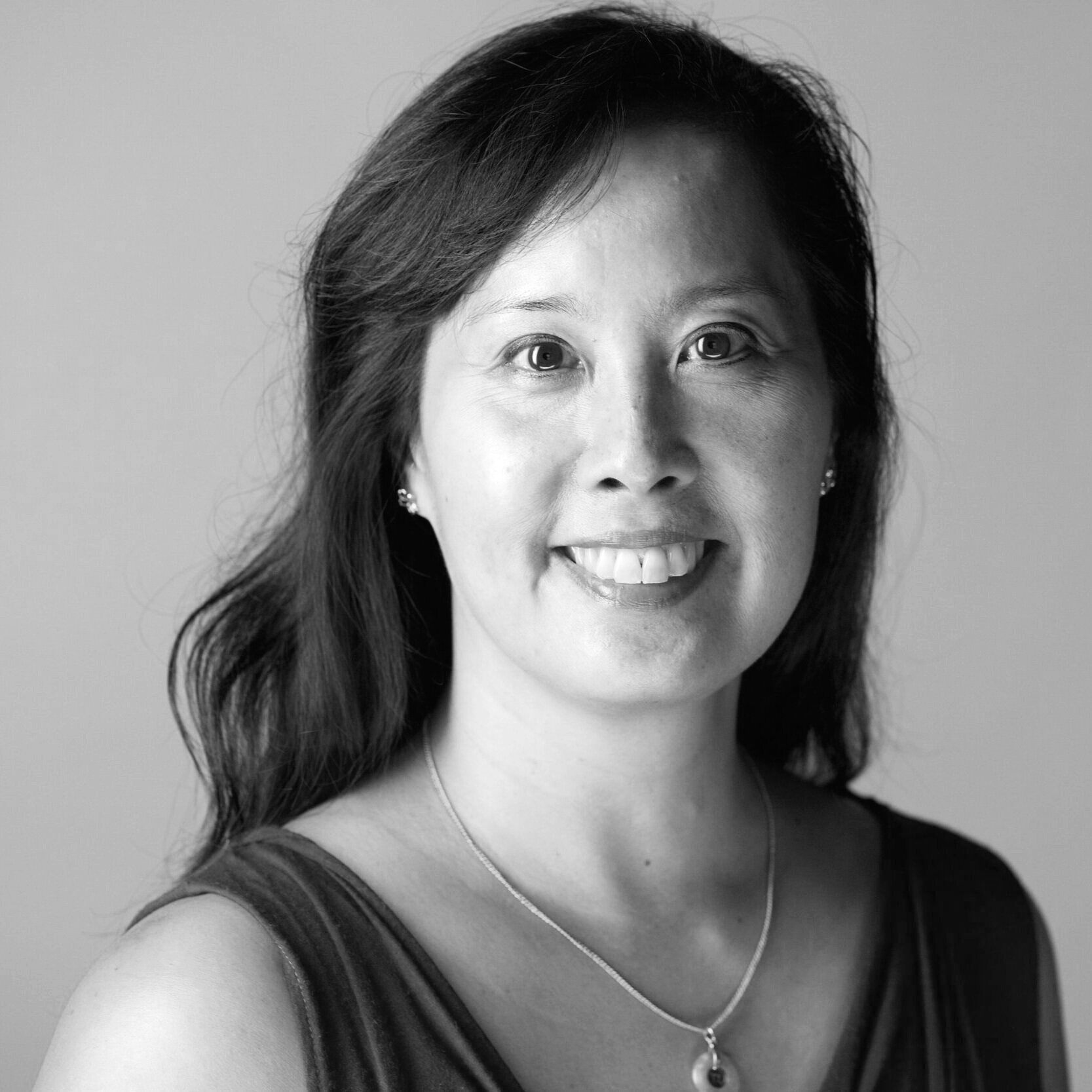
Susanna Church
Born in Hong Kong, Susanna Chiu Church emigrated to the US with her family at an early age. She grew up in LIC and Jackson Heights in Queens and attended Stuyvesant High School. She received a B.A. in Economics from Bryn Mawr College and her M.B.A from the Darden School at the University of Virginia. She has spent over 20 years working in technology marketing at companies such as Reed Elsevier, Thomas Publishing, DoubleClick and Adobe. She is currently Head of Global Enterprise at Adobe.
In addition to her regular job responsibilities, she led the local NY Corporate Social Responsibility team for the last 5 years. In this role, she organized group volunteer activities, evaluated community grant applications for non-profits, managed operating budget, and led monthly planning to increase employee support for local education, sustainability and community service projects.
She has volunteered with non-profits such as Harlem Children’s Zone, the New York Botanical Garden, Girls Who Code, Urban Arts Partnership, Grace Institute, New York Cares, and Materials for the Arts. Adobe generously matches her charitable donations and volunteering time with matching grants.

Tamsin Dillon
Tamsin Dillon is the founder and Director of Art in Public, an independent organization established in 2020. Dillon, who has curated and commissioned artworks in a wide range of situations over the past 25 years. Art in Public is dedicated to the creation, presentation, and dissemination of contemporary art and to on-going re-evaluation of where and how art can be experienced. In 2022-23 she served as Executive Director of Socrates Sculpture Park. Prior to Socrates she was the Curator of England's Creative Coast which comprised a series of seven new site-specific art commissions created by leading contemporary artists. England’s Creative Coast was a landmark project between seven arts organizations across the country.
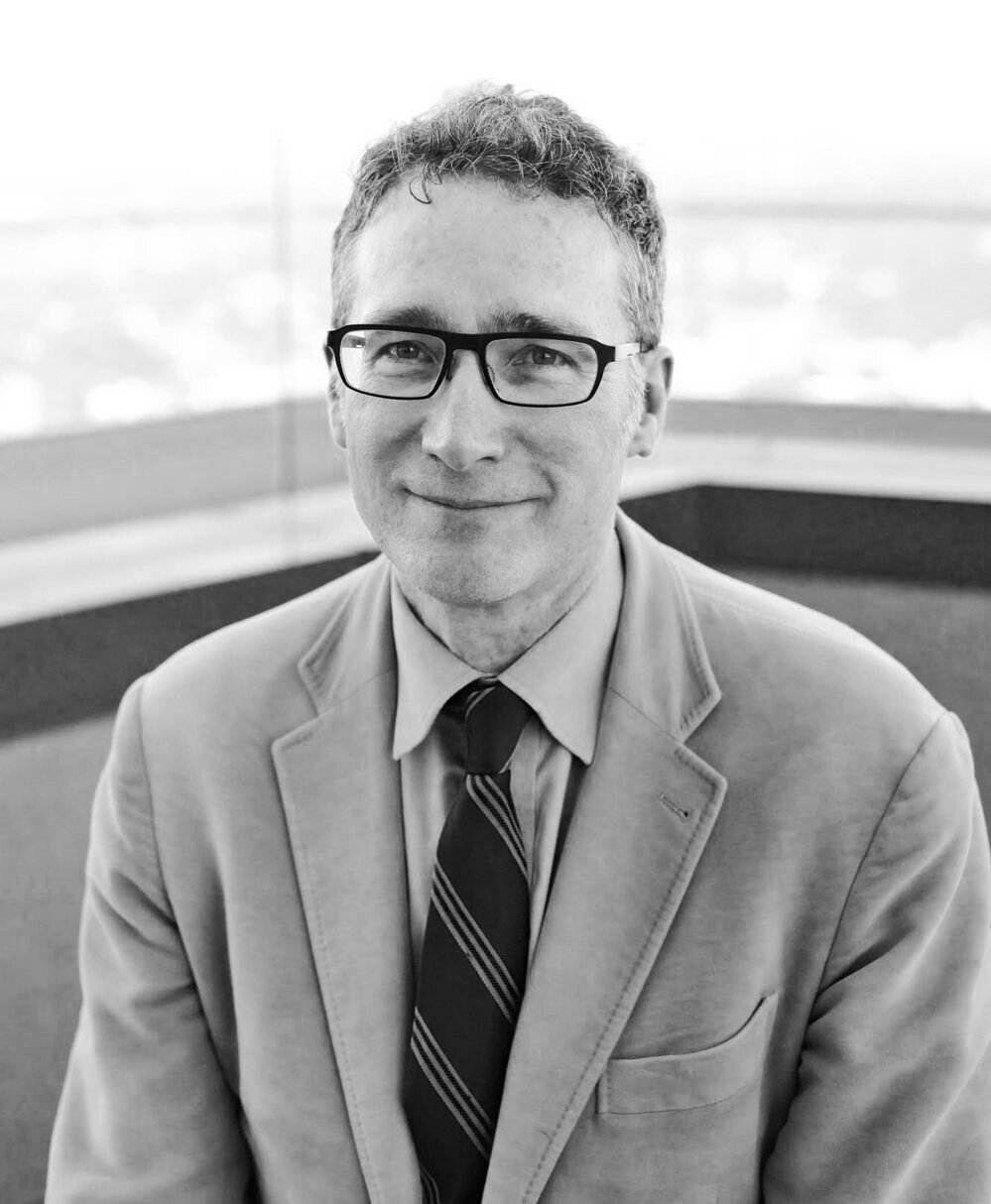
Ray Gastil
Ray Gastil is a city planner and urban designer. In addition to being the Planning Director for the City of Pittsburgh, Ray served as the 2013 Howard Friedman Visiting Professor in Professional Practice at UC Berkeley, Architecture, College of Environmental Design. Formerly Chair in Design Innovation and Visiting Professor at the Stuckeman School of Architecture and Landscape Architecture at Penn State, his teaching, research, and practice focused on urban design and cultural vitality, the relationship between cities and universities, and waterfronts. His former positions also include City Planning Director, Seattle, and Director, Manhattan Office, NYC Department of City Planning. He was the founding director of Van Alen Institute, where he led a program of design competitions, exhibitions, publications, and fellowships. Publications include Open: New Designs for Public Space and Beyond the Edge: New York’s New Waterfront. Following his professional education in architecture at Princeton, Gastil led the Transit-Oriented Design program at Regional Plan Association. Grants and fellowships include the Graham Foundation, The MacDowell Colony, Dumbarton Oaks, and the National Endowment for the Arts.
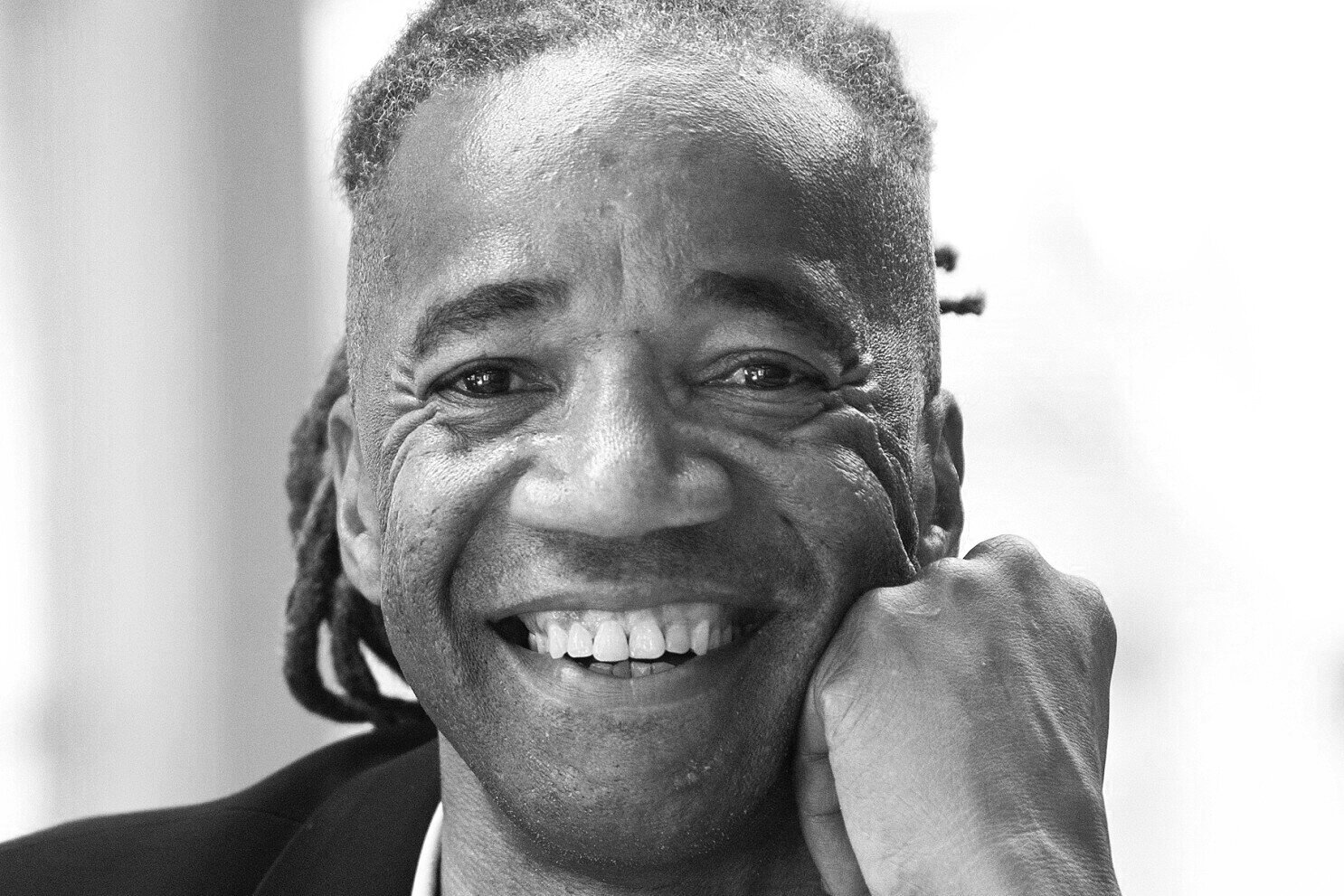
Walter Hood
Walter Hood is an artist, designer, educator, and the creative director and founder of Hood Design Studio in Oakland, CA, a cultural practice focused on urban landscapes. He is also a professor at the University of California, Berkeley, and lectures on professional and theoretical projects nationally and internationally. He is a recipient of the 2017 Academy of Arts and Letters Architecture Award, 2019 Knight Public Spaces Fellowship, 2019 MacArthur Fellowship, and 2019 Dorothy and Lillian Gish Prize.
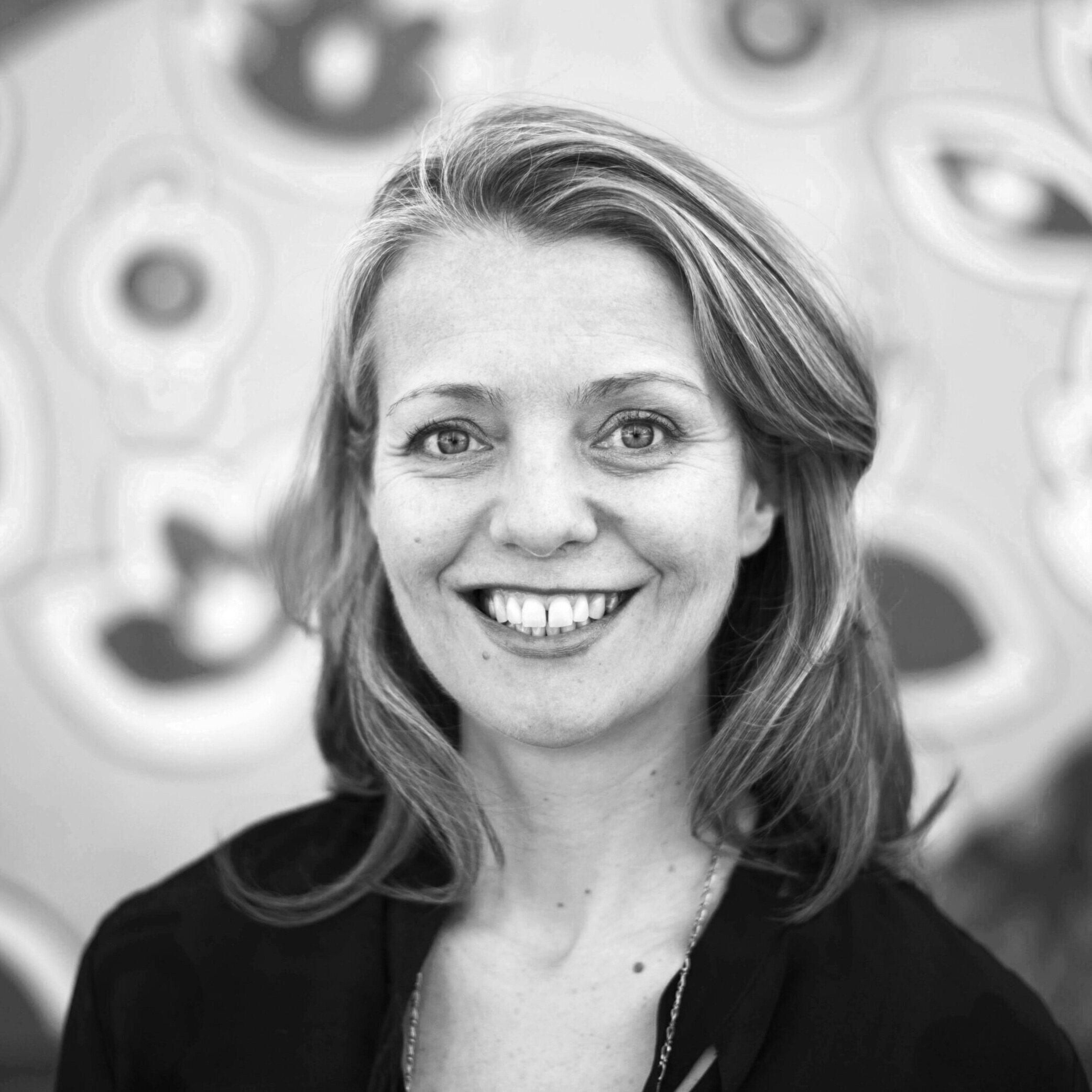
Sabine Marx
Sabine Marx is the Chief of Staff at the Frameworks Institute, in Washington DC. As Chief of Staff at the FrameWorks Institute, Sabine directs the organization’s operational and financial activities. An expert in communicating complex information, she supports FrameWorks’ projects across a wide range of social and scientific issues, including public health, climate change, early childhood development, STEM learning, and higher education. In 2005, she started working as the Managing Director at the Center for Research on Environmental Decisions (CRED) after two years of post-doctoral work at the International Research Institute for Climate and Society (IRI) at the Earth Institute. In 2017 she worked as a Project Director for Risk Communication at the National Center for Disaster Preparedness. She has received her Ph.D. in medical history from Carnegie Mellon University, and holds a Masters degree in Sociology and Pedagogy, with a minor in Psychology and Art Therapy from the University of Cologne, Germany.
In addition, Sabine Marx is the co-lead author of “The Psychology of Climate Change Communication: A Guide for Scientists, Journalists, Educators, Political Aides, and the Interested Public.” Other publications include journal articles in Global Environmental Change, Malaria Journal, and others, as well as several book chapters and reports. She regularly speaks at scientific conferences such as the Annual Meeting of the American Geophysical Union, and venues that reach government agencies and practitioners (e.g. ICLEI, EPA) and the broader public (e.g. American Museum of Natural History, River Summer).
She serves on several advisory boards and committees, including The Earth Institute’s Task Force on Sustainable Development, the Cooperative Institute for Climate Application and Research (CICAR), Fractor.org, and BROADWAY: 1000 Steps, where she also acts as the Chair of the Science Research and Communication Working Group.

Paul Means
Paul Means is Executive Director in the Technology and Data Legal Group of Morgan Stanley. Prior to joining Morgan Stanley, Paul’s was an Associate in the Financial Institutions Group at Davis Polk & Wardwell LLP. He holds a JD from Brooklyn Law School and a Bachelor of Science in Environmental Biology & Management from University of California, Davis. He is an Eagle Scout who appreciates the juxtaposition of nature and city life, exemplified by the parks and open spaces of New York City.
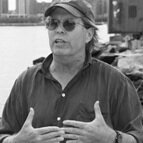
Buck Moorhead
Buck Moorhead is the principal of Buck Moorhead Architect, a Manhattan-based architectural firm, founded in 1984, focused on sustainable design. Over 28 years, the studio has designed and completed numerous projects throughout New York City and the region, including: large-scale re-use of existing buildings; residential, commercial, and institutional renovations; and new construction. Buck is a founding partner of Building Consensus for Sustainability (BCS), a land use mediation and consensus building firm. BCS is presently working on ad-hoc regional collaborative efforts in the Upper Delaware River region, specifically around protecting water resources and forests.
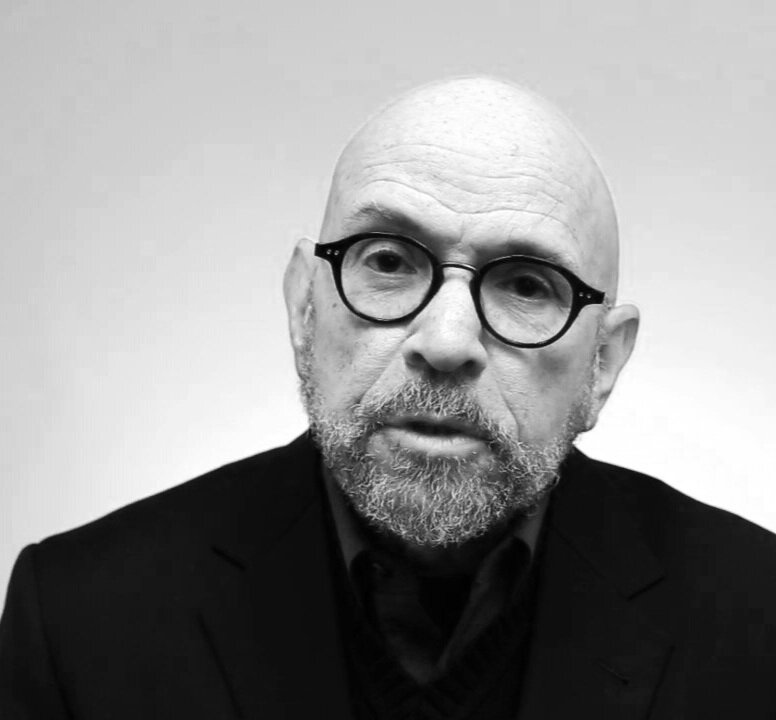
Steward Pickett
Steward T. A. Pickett is a Distinguished Senior Scientist and plant ecologist at the Cary Institute of Ecosystem Studies, in Millbrook, New York. His PhD is from the University of Illinois in 1977. He directs the Baltimore Ecosystem Study Long-Term Ecological Research program. His research focuses on the ecological structure of urban areas and the temporal dynamics of vegetation, including primary forests, the post-agricultural oldfields in the eastern United States, and riparian woodlands in South Africa. He has produced books on ecological heterogeneity, humans as components of ecosystems, conservation, bridging ecology and urban design, the philosophy of ecology, and linking ecology and ethics.
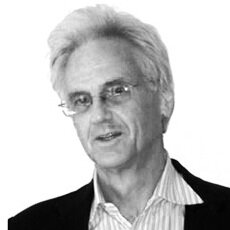
William Ryall
William Ryall received his undergraduate degree in history and urban studies from Cornell University and a Masters in Architecture from The University of Virginia in 1977, and is professionally certified by both the US Green Building Council (LEED) and the Passive House Institute US (PHIUS) . In addition to sitting on the University of Virginia Architecture School’s Advisory Board, Bill has also been a member of The University of Virginia Arts Council, a board member of the New York chapter of Docomomo (an organization dedicated to documenting and preserving architectures and landscapes of the Modern Movement), and taught and lectured at the Rhode Island School of Design. Bill is a founding partner of Ryall Porter Sheridan Architects in New York City, which has concentrated on institutional and private work, emphasizing a modern vernacular, environmentally-sensitive approach to architecture and design.
In 2009 Bill became one of the first Americans certified by the European Passive House Institute (PHIUS), and is now applying the world’s highest energy conservation standards to the design and construction of projects in Orient, on the North Fork of Long Island, a ground-up artists’ residency near Brattleboro, VT, and two structures on Shelter Island, NY.
On Long Island, Bill sits on the Board of The Group for the East End, an environmental advocacy organization, which recently organized community education, political support, and legal action to stop a Water Authority’s pipeline from being constructed to undeveloped farmland on the Orient Peninsula.
In New York City, Bill is a member of the Architectural League, the Institute for Urban Design, the MoMA Architecture and Design Circle, the US Green Building Council, the President’s Circle of the Natural Resource Defense Council (NRDC), the Society of Architectural Historians, and a founding member and organizer of The Friends of Morningside Park, which successfully lobbied politicians, the NYC Parks Department, and private foundations (The JM Kaplan Fund, Columbia University) for funding and appropriate restoration of an Olmsted-designed landscape between Morningside Heights and West Harlem.
In December 2015, an AIA Vermont Honor Award was given to Guilford Sound Artists Residence, a mid-sized project of Ryall Porter Sheridan Architects. In 2016, Bill was elected to AIA College of Fellows for his contributions to architecture and society on a national level.
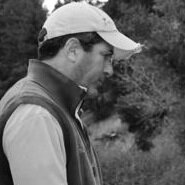
John Woldenberg
John Woldenberg grew up in Chicago, attended the University of Michigan and The University of Chicago Graduate Business School. He has always been a steward of the arts, particularly in film. Since having studied under screen writing icons, William Goldman and Lawrence Kasdan, he has been hooked on the power of story telling in film. John was a partner in a company that went public in 1993. He then spent over a year traveling in the developing world in Southeast Asia and Africa before coming back to head a television production company. Currently, John’s film company produces, finances, and acquires feature and documentary films. Recently released films include Smart People, The Visitor, Milk, Mysteries of Pittsburgh, and Exporting Raymond. John has written 3 television pilots and 2 feature scripts and a children’s animated show. He is also working on a live one woman show with Rock Violinist Lili Haydn.
John always attempts to integrate social responsibility with filmmaking. In addition to wide release features, documentary films cover topics such as poverty, breast cancer, climate change, vet rehabilitation, ethnic genocide and culture. Over the past 10 years, John has also been involved with The United Nations in their effort to exact global change through media and film. John has been on the Boards of a number of national and regional film festivals as well as being on the Documentary Nomination Committee for the PGA Awards.
John also allocates time and resources to non-profit projects that have a positive effect world’s social, environmental and humanitarian issues.
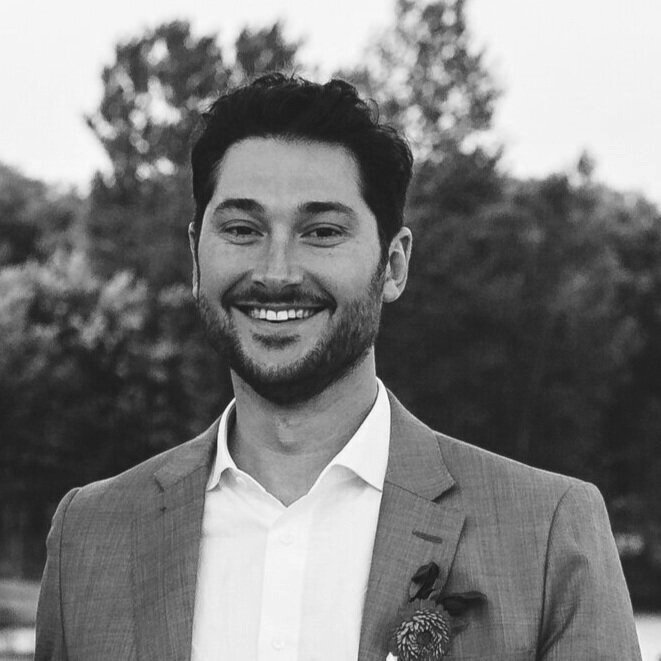
Zach Youngerman
Zach Youngerman is passionate about making cities greener and climate-resilient, while enhancing democratic involvement in the design and stewardship of the public realm. As Director of Resiliency Planning & Management at NYC DOT, Zach oversees a team managing the design and implementation of resiliency projects and development of resiliency policy for the agency. He started his career working on recovery planning in New Orleans immediately following Hurricane Katrina. A board member of City as Living Lab, you can find his occasional writing in the likes of Bloomberg and Urban Omnibus. He has undergraduate and graduate degrees in urban planning from Brown University and MIT respectively.














